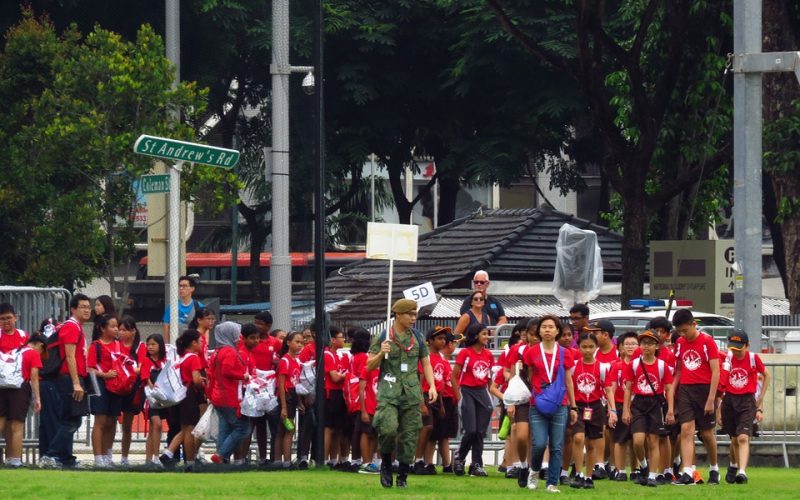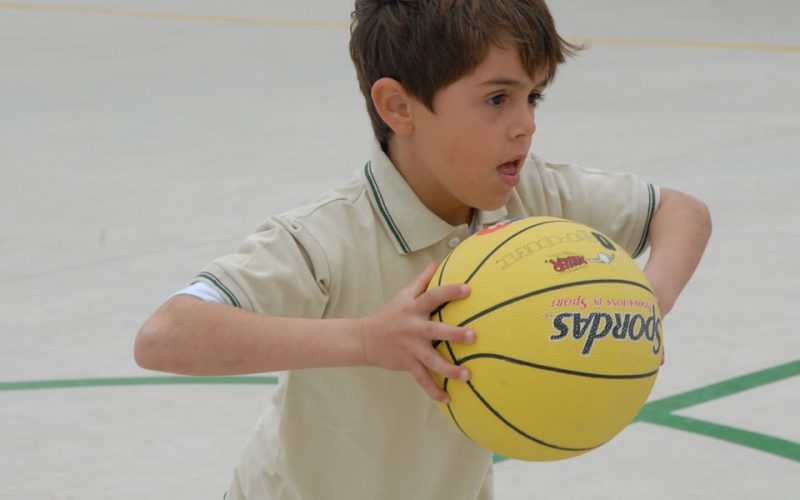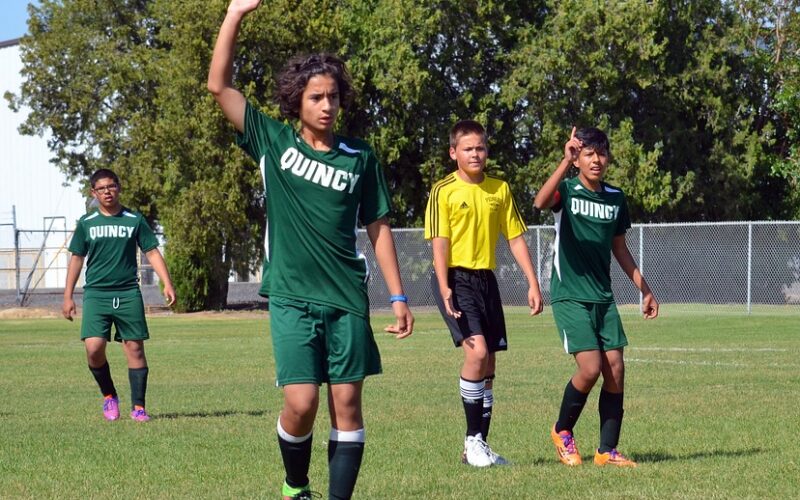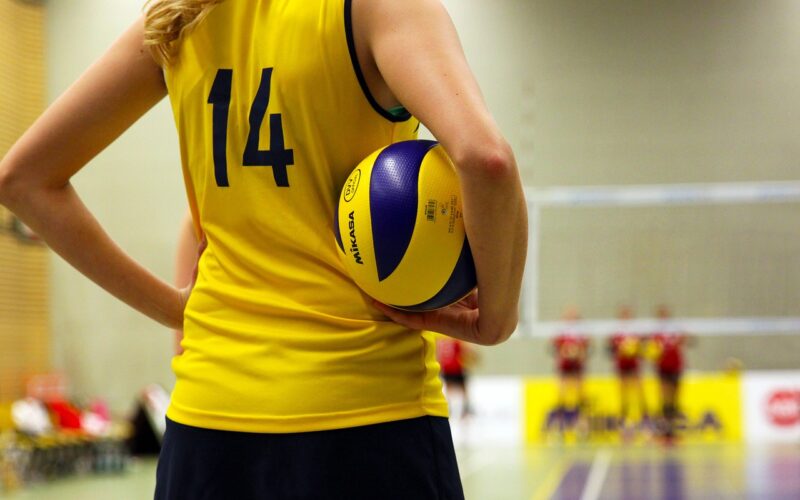In addition to the academic support schools provide, fostering a supportive environment for students in extra-curricular activities is essential for their holistic development. Schools can enhance student support by encouraging participation in a range of activities that cater to diverse interests, such as sports, arts, music, drama, and various clubs.
These activities not only help in uncovering hidden talents and passions but also play a crucial role in building confidence, teamwork skills, and leadership qualities. By engaging in such programmes, students learn to collaborate effectively and handle responsibilities, which are vital skills for their future.
Creating an inclusive environment
A crucial aspect of supporting students in these activities is providing them with the necessary resources and guidance.
Schools should ensure that there are qualified instructors who can nurture and mentor students effectively. Additionally, creating an inclusive environment where every child feels comfortable and motivated to participate is of paramount importance.
Whether it is having accessible facilities, ensuring equipment availability, or holding regular workshops and sessions, schools must make concerted efforts to support their students fully.
Actively encouraging parent involvement
Furthermore, schools should also focus on integrating parents and the community into this support network. By keeping parents informed about their child's progress and actively encouraging their involvement, schools can create a cohesive support system.
Community involvement can also take the form of collaborations with local sports clubs, cultural associations, or recreational centres, offering students broader exposure and opportunities to enhance their skills.
Constructive feedback
Regular feedback sessions and assessments can be another effective tool in helping students excel in extracurricular activities.
By evaluating their performances and setting clear, achievable goals, students can witness their progress and remain motivated to improve continuously. Constructive feedback from teachers and peers can help students identify areas of improvement and develop resilience and perseverance.
Acknowledgements during school assemblies
Supporting students in extracurricular activities also involves recognising and celebrating achievements. Whether it is through awards, certificates, or simple acknowledgements during school assemblies, schools should highlight the efforts and successes of students.
Doing so not only boosts the morale of those involved but also encourages others to participate actively.
Educational policies and practices
It is worth noting that while schools play a vital role, fostering a culture that values extracurricular activities and paints them as an integral part of education requires broader societal change.
Recognising the equal importance of non-academic pursuits in a young person's life can profoundly impact educational policies and practices. Consequently, schools equipped with strong student support systems for extracurricular activities tend to develop well-rounded individuals ready to face the world with confidence and competence.

















